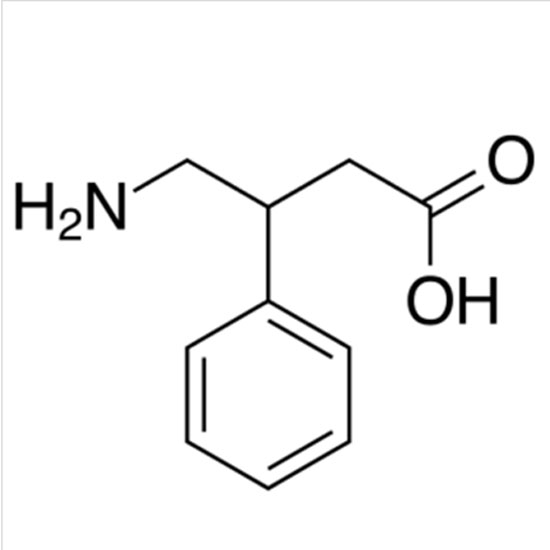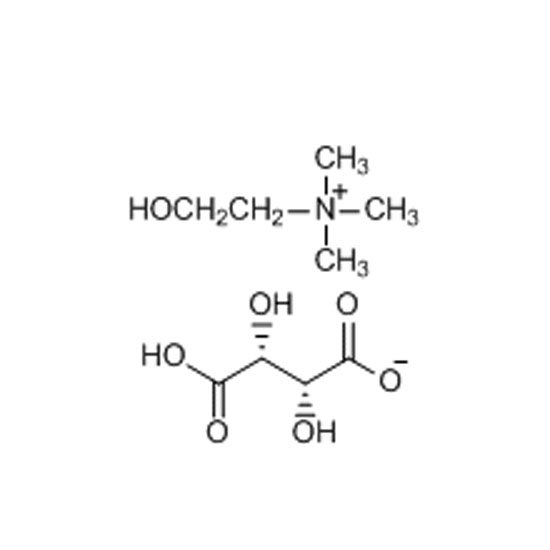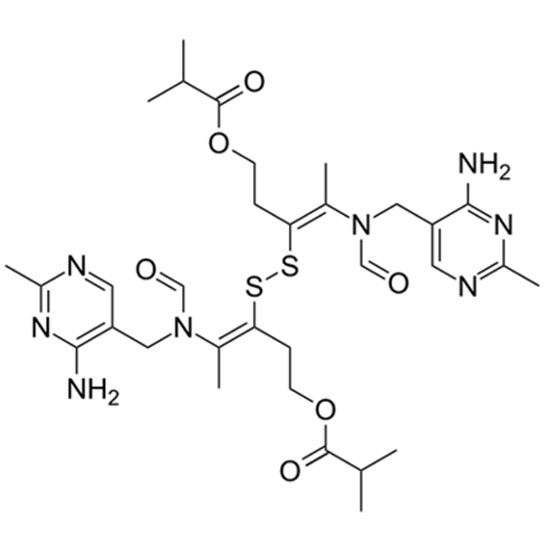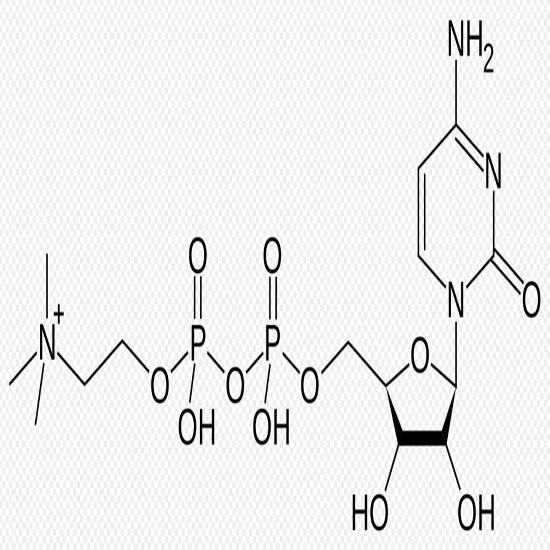


Phenibut was developed in the Soviet Union in the 1960s, and has since been used there as a pharmaceutical drug to treat a wide range of ailments, including posttraumatic stress disorder, anxiety, depression, asthenia, insomnia, alcoholism, stuttering, and vestibular disorders, among other conditions. In some other parts of the world, phenibut is not approved for clinical use, and is instead sold as a nutritional supplement. It has been reported by some researchers to possess nootropic actions for its ability to improve neurological functions, but others have not observed these effects. It is generally accepted that phenibut has anxiolytic effects in both animal models and in humans.
Phenibut is a close structural analogue of GABA, as well as of baclofen (β-(4-chlorophenyl)-GABA), pregabalin (β-isobutyl-GABA), and GABOB(β-hydroxy-GABA).
Phenibut is believed to act as a selective GABAB receptor agonist; studies are conflicting as to whether phenibut also acts as a GABAB receptor agonist. As such, by definition, phenibut is a gabapentinoid.







